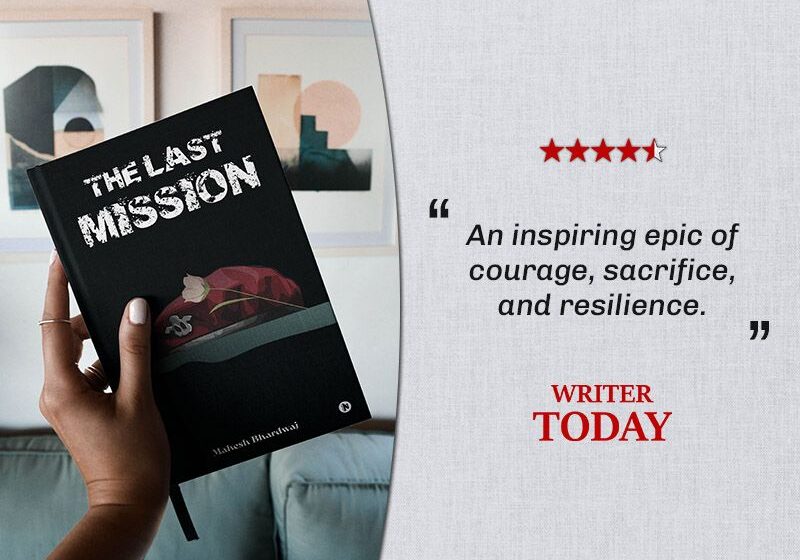Mahesh Bhardwaj’s “The Last Mission”: Bringing History to Life with Vivid Detail.

The Last Mission
Overall
“The Last Mission” is an odyssey that transcends time and borders. Mahesh Bhardwaj’s narrative eloquence captures both the grand sweep of history and the intimate stories of those who shaped it. This book not only educates but also sparks introspection, reminding us of the sacrifices and struggles that have forged nations. With its captivating storytelling and vivid portrayal of courage, “The Last Mission” stands as a literary testament to the indomitable human spirit.
| WHO WOULD ENJOY READING THIS BOOK? | ||
|---|---|---|
| ? History Enthusiasts | ? Readers Interested in Geopolitics | ? Fans of Historical Fiction |
Mahesh Bhardwaj’s “The Last Mission” stands as a remarkable tribute to the history-shaping events that led to the birth of Bangladesh. Through a deft blend of historical accuracy and imaginative storytelling, Bhardwaj crafts a narrative that not only educates but also resonates emotionally, shedding light on the sacrifices and struggles that have often gone unnoticed.
Set during the volatile backdrop of the 1971 Liberation War, the book unveils a mosaic of characters who navigate a world torn apart by conflict. Bhardwaj’s writing paints vivid portraits of the Mukti Vahini heroes, allowing their stories to unfold against a backdrop of sweeping historical events. The author’s knack for conveying the brutalities inflicted by the Pakistan Army, particularly the shocking massacre at Dhaka University, underscores the stark reality of the time.
While the historical context provides the foundation, the heart of the novel lies in the unwavering courage displayed by Indian soldiers. Characters like Naveen Kumar, Saeed, and Lt. Col. Kulwant Singh Pannu embody valor and determination, making them emblematic of the sacrifices made in the name of humanity. Bhardwaj’s prose captures the essence of their bravery, offering readers a front-row seat to the unfolding drama.
What truly sets this book apart is the way it seamlessly immerses readers in the era. As the plot unfolds, the narrative engrosses with a cinematic quality, bringing each scene to life in vivid detail. Bhardwaj’s inclusion of regional languages like Urdu, Bengali, Hindi, and Gorkhali, alongside references to the Quran and Gita, enriches the cultural tapestry of the story. It’s as if readers are transported through time and space, experiencing the events firsthand.
The recounting of pivotal moments—the battle of Bogra, the capture of the Poonglei bridge, the surrender of General Niazi, the fall of Dhaka—the last stand taken by brigadier malik of Pakistani army captures the ebb and flow of history’s tides. Bhardwaj’s narrative prowess shines as he evokes the tension and emotion of these moments, enabling readers to connect with the individuals who shaped destiny.
As we turned the pages, it became evident that “The Last Mission” is more than just a historical account—it’s a tribute to the human spirit. Bhardwaj’s storytelling prowess lies in his ability to make the reader feel a part of the journey as if witnessing the events unfold before their eyes.